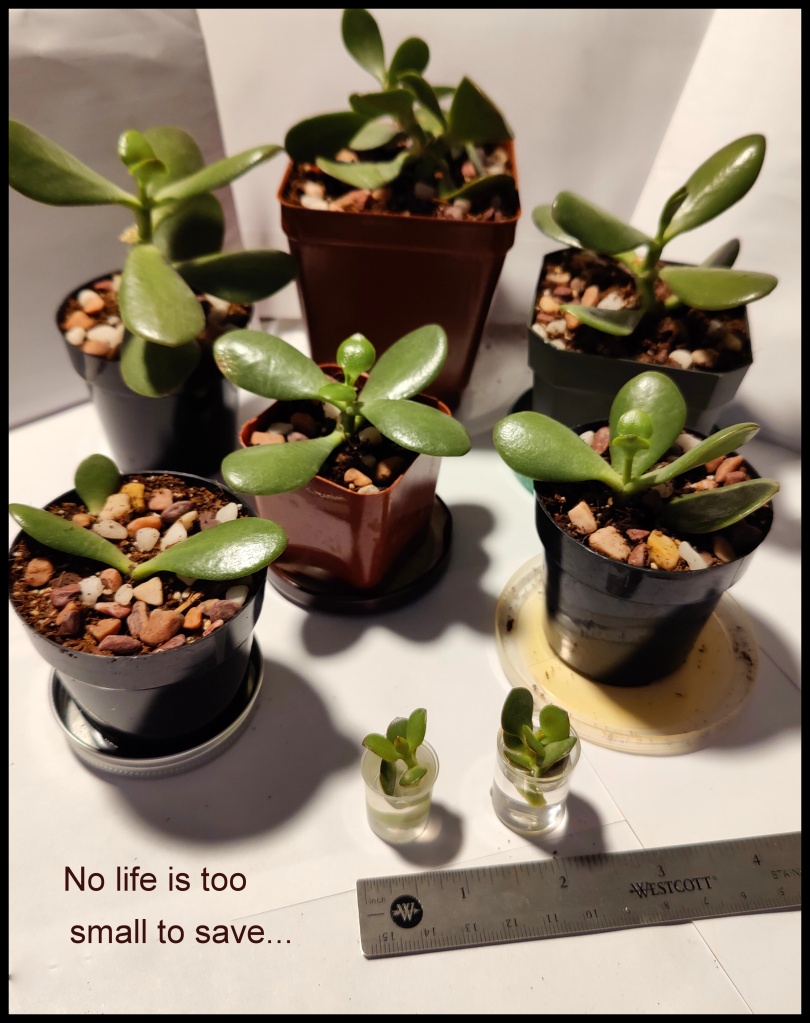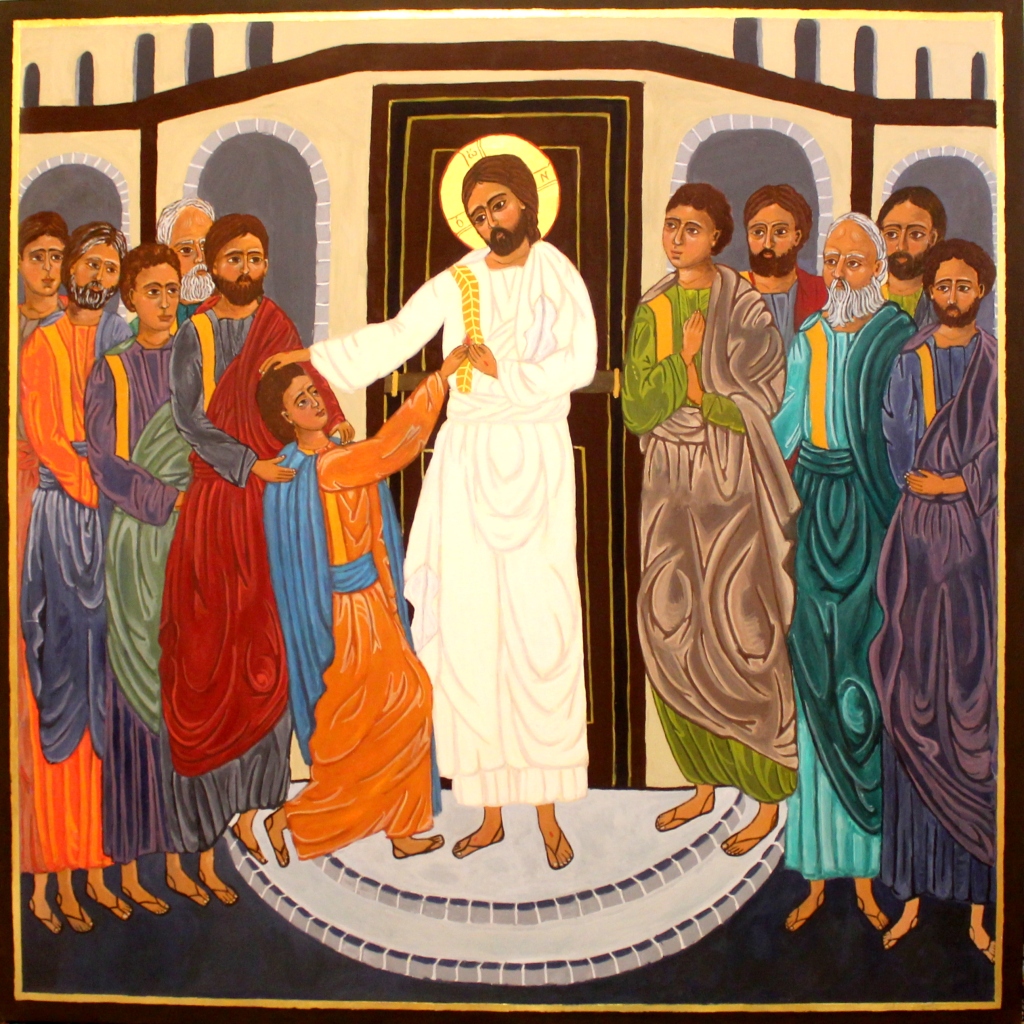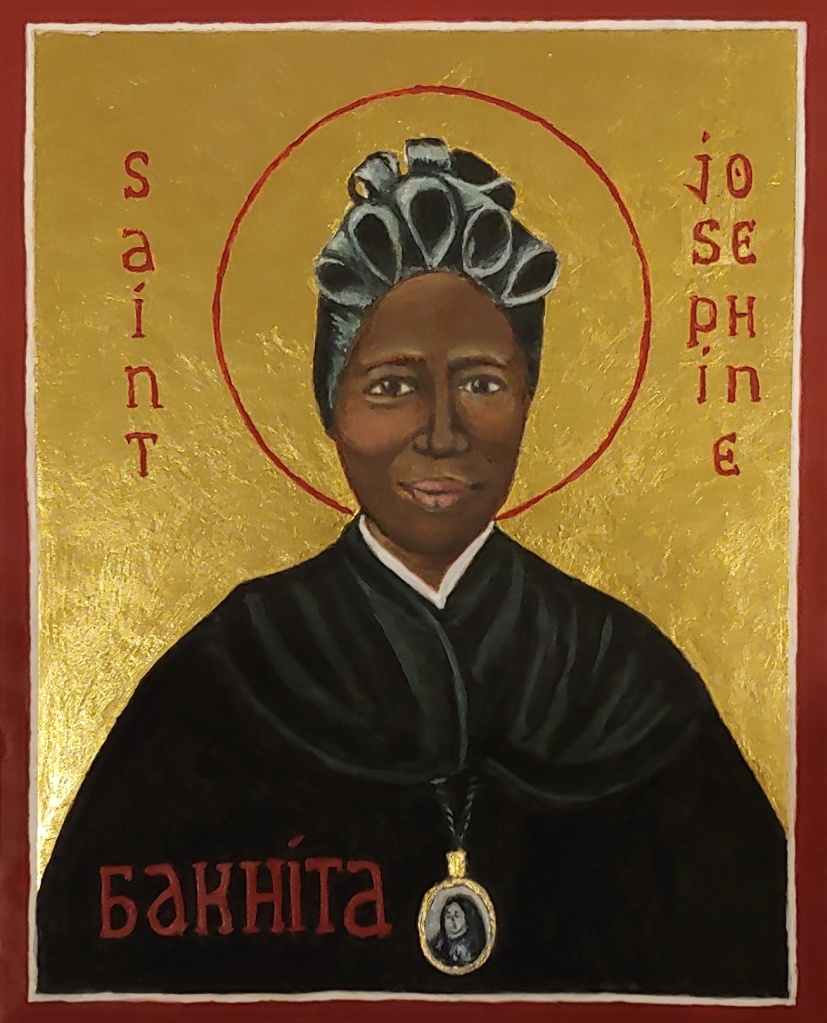Well, I do.
Being “saved”, along with the notion of salvation in general, is very much out of fashion these days. The only people who need to be saved, it would seem, are those who believe in the myths of old, the fairy tales, that suggest humanity is in trouble, if not totally depraved.
The “saved” are those fanatics who approach us on street corners and other public places to demand that we tell them if we too are saved. “Do you accept Jesus Christ as your personal Savior?” they intrude.
But, quite honestly, no one has asked me that in a long time. Is it the pandemic? Or perhaps so few people remain open to belief that it is no longer worth their time.
I remember once, many, many years ago in my youth, when someone asked me if I was saved. A total stranger wanted to know this. I responded that God was saving me every day.
This was not a satisfactory answer. “But are you saved?” they entreated, as though the only possible mode of salvation was to experience a cataclysmic event that changed everything. No more sin, suffering, or sorrow. I have crossed over and am not longer subject to what the rest of humanity endures. A myth if ever there was one…
And then there is the “personal savior” question. Well, my Savior is not impersonal. Not at all, in fact. The love with which He approaches me is more intimate than my mind can grasp, and certainly more intimate than any experience shared with another created being.
So my Savior is personal, but that can be misleading. It implies that the saving of me is somehow separate from the saving of all. Yet how could that be?
But I digress.
Since I have admitted that I need to be saved, the natural question arises: what do I need to be saved from?
The traditional Western Christian response would be: from my sins, of course. Some might want to throw in the fires of hell as well. I need to be saved from hell.
Indeed I need to be saved from my sins. But there is more than that. My own sins are simply not that interesting or important. Certainly God would not enflesh himself and offer his life simply because I got cross with the cashier who wouldn’t honor my coupon, would He?
But there is a bigger problem with the fires of hell. I’m not sure that I believe in those, at least not as the infernalists preach it. God is Creator, Lover, Healer. He is not killer, torturer, prison guard.
Yet Scripture says, “Our God is a consuming fire.” (Hebrews 12:29). If being in Him is to be consumed by His fire, I have no desire to saved from that. I welcome it. Consume me, O Lord, in the fires of Your love.
What then is the “more” from which I need to be saved, if not hell or my paltry failings?
I need to be saved from the power of evil. Yes, that is it.
“Bah!” you say. “What ‘power of evil?’ That’s just part of the fairy tail about the red guy and his pointy tail. Absurdity. All you need to be saved from is your imaginary monsters.”
Ah, if only it were that simple.
I need to be saved from the power of evil. It is only too real.
I must try to explain, hard as it is for our post-modern minds to grasp.
I need to be saved from myself. This is something more than just my paltry sins and weaknesses. There is ever a battle for my soul. It is an insidious illness that creeps into my heart and does much more damage than my harsh words to the errant cashier (though they too did damage).
I am only aware of it occasionally. Often not at all. If we thought COVID-19 was a trickster, spreading itself through asymptomatic people, it pales in comparison to the true illness sown by the power of evil. COVID-19 is only one little seed sown among the millions dropping into and around us every day.
To understand the scope and impact of this disease is beyond my capacity to explain. Hence, I fear the casual reader will think me overly imaginative as I write of it.
But write of it I must. It is only in understanding this that we know how truly we need to be saved and thus turn to the only One who can free us.
As I am not saved alone, neither am I afflicted alone.
In other words, I need to be saved not only from my sins, but from your sins and the sins of the whole world. Not just the whole world now, but all of the generations that came before.
Ridiculous, you say?
But can we look around our world and deny it? We are clearly and obviously a broken species. As horrible as they are, our current wars and famines and tragedies are a mere drop in the bucket of how the power of evil has infiltrated our species.
Every generation looks at the evil in its world with horror. How can God allow this to happen?
(It is ironic that when we look at the work of evil, we suddenly believe there is a God and that He is responsible for all that has gone wrong.)
If there are personal sins that have been committed against me, like the actions of an abusive parent or a racist boss or a cheating spouse, certainly I need to be saved from those. If I think I can free myself from their bondage on my own, I do not know what freedom is.
For me, as a psychologist, to acknowledge this may seem rather shocking. However, I am not suggesting that psychotherapy does not heal but rather that its healing power is very limited if the Savior has not been regarded as essential in the process. (Even if His name is never mentioned, healing life’s hurts requires a forgiveness of sin that I cannot offer. I can forgive sin against me, but I cannot forgive the sins against you – or the sins that damaged the person who sinned against you.)
Beyond the personal sins committed against me, there are the sins of generations that impact me endlessly. In fact, it is so commonplace that few people stop to think of it as sin. For countless generations, human beings have been trashing this planet, unwittingly causing generations of people more cancers and illnesses than can be named. And that is just the tip of the iceberg.
I need saving from all of these sins too. The sins of the world. The sins of all generations since homo sapiens became sentient.
As I write of these sins, I include all of my personal faults and yours and those of everyone I know. But it goes far beyond that.
There is an evil that wreaks havoc on all of the created world we know. These are the evils that we post-modern folk like to call “acts of God”. Or we like to explain them in scientific terms, imagining that with enough knowledge and medicine we can eliminate them all.
These evils manifest themselves in tornadoes and droughts and tsunamis, in cancers and viruses and plagues. But wait, why do I call them evils? Did not God create them?
Absolutely not! This is where so many of us lose the trail. We follow the logic that God is the Creator of all and so, when we observe these things, we assume that God created them.
(For those interested in theology, C. S. Lewis does an excellent job of debunking the notion that there are two supreme Beings, one good and the other evil, in case you’re tempted to believe that explanation.)
For there to be a power of evil, no evil god is needed nor a creature with a pointy tail and horns. The evils that we see are not the result of mere individual acts by individual people. As individuals, we participate in evil but we are not its source.
If I’m cranky with the cashier, this does not cause a tsunami. Yet we are all interconnected and our individual acts do impact us all. So, while my sins and yours are hardly negligible, they do not cause viruses to mutate.
If we look at the incredible wonders of creation, we can say with God in the creation story, “It is good.” But, I’m afraid, in reality, we would have to say, “It was good.”
What God created and continues to create is good, but it has been corrupted. So many of these good creations have been twisted into variations of themselves that appear scientifically so “natural” that we tend to accept them as a necessary aspect of the grand Creation.
Granted, I’m out on a limb here with something I cannot prove. I cannot prove that there is a power of evil that distorts, twists and destroys, that infects the good souls we were given with a disease that makes us prone to sin. I cannot prove that this evil originated in a created being like us, i.e. a being free to choose good or evil, a being so powerful that it could cause such widespread infection.
But I can’t rule it out either.
In any event, I need to be saved from it. I need to be saved from every illness of body, mind, and soul that has afflicted me personally and all of us globally. And I cannot be saved alone.
Why not? How could I be saved, pulled out of the raging river in which I’m drowning, if you or anyone else were still drowning and not to be rescued? Could I possible want such a salvation – an eternity of heaven for me while knowing that there was an eternity of hell for others?
It is unthinkable. May God forgive any theologian who has taught otherwise.
Not only do I need God to save me, but I need God to put right all of creation. Otherwise, I am trapped. Hypothetically, I could accept God’s mercy for me and within moments lose faith in that mercy as I gazed upon all of the horrible evil and suffering around me.
The saving of me is about much more than wiping my personal slate clean. It is about my healing and transformation as one afflicted by the disease of all sin, initiated by the power of evil. Only in such transformation can I too become a “merciful one”, prepared to spread the antidote for our bondage to the illness we call sin.
And, weak being that I am, I need to be healed and transformed many, many times. As we learn of people who have contracted COVID-19 two or three times, in the course of the battle, I too become reinfected repeatedly with the same disease.
In fact, having once been healed, I may be even more vulnerable to being reinfected. As in earthly battles, the enemy doesn’t fight fair. Once a “merciful one” is identified, there are no limits to what the enemy might do to bring them down.
Our only hope is the Merciful One who has shown that He cannot be brought down. Death, the final “victory” of the enemy, had no power over Him. Yes, He died, but yet He lives.
He lives, not only another mere human life, as broken as the rest, but He lives eternally, invulnerable, completely free.
How could He do what no other human could do? Because He was God’s “anointed One”, the God-man, like us but perfectly one with God. Only God could make right the widespread havoc created by the force of evil.
Only God can forgive the sins of all, mine, yours, and all of the generations before us and all the generations to come. Only God can heal the afflictions into which we were born.
But why then the Cross? Why then the continued presence of evil and suffering around us?
Because God looks upon us and still sees good. He does not want to unmake the beings to whom He gave the freedom to love Him. He still wants us to choose love, for He knows it is no longer love if forced upon us, even in an act of Mercy.
Hence, God, out of the necessity of His own love, needed to become human in order to make the choice that we are too ill to make, the choice to pour out Himself in love and mercy despite having been born into an infected world.
With His immunity, freely chosen, He entered the heart of His devastated creation, touching every diseased being that was and was to come, with His healing.
In Him, we are now free once again to choose love, to choose healing and transformation. To become “merciful ones” in the army of His Mercy, continually entering enemy territory, continually wounded, continually healed, until the battle is over.
War rages on. Not because God has lost control of His creation but because He wants to us to find Him and be healed.
He does not want a single one of us to be lost.
And so He gives everything. He makes the ultimate choice to love as a human. As God, He gives that choice its ultimate power.
Yes, I need to be saved. Over and over I come back to be healed and emerge stronger still because of His transforming victory.
Over and over, by His grace, I choose love.
By His mercy, may it ever be so.







